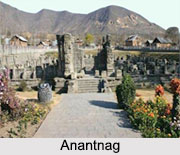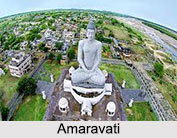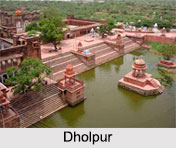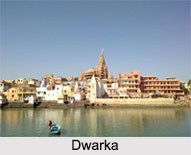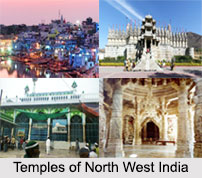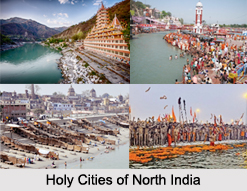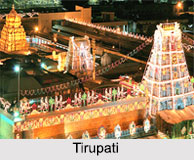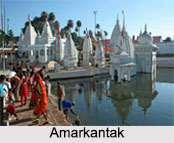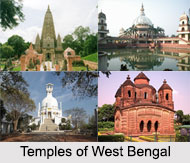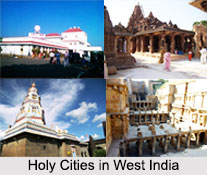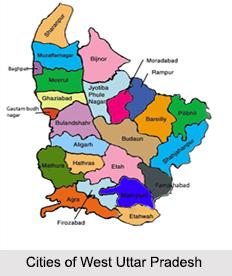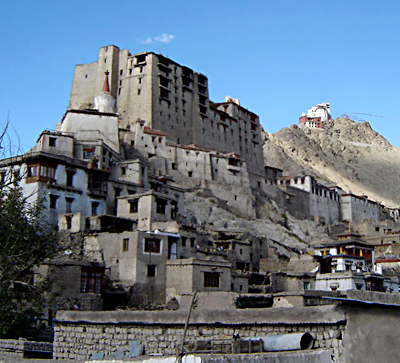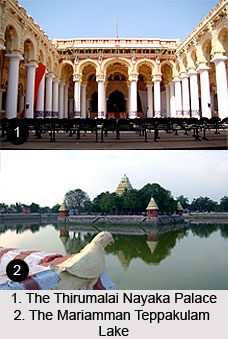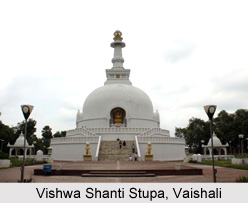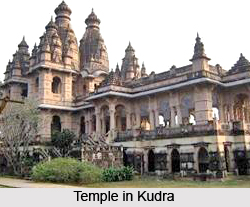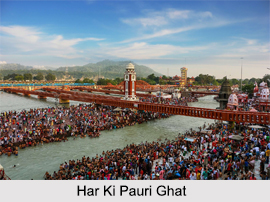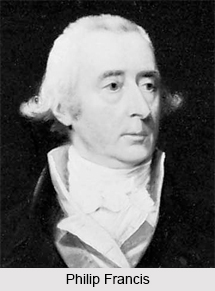 Sir Philip Francis was a British politician and pamphleteer, author of the Letters of Junius, and the chief rival of Warren Hastings, who was the Governor General of Bengal during the rule of British East India Company. His accusations against the latter led to the Impeachment of Warren Hastings and Elijah Impey by Parliament. He belonged to the Whig party.
Sir Philip Francis was a British politician and pamphleteer, author of the Letters of Junius, and the chief rival of Warren Hastings, who was the Governor General of Bengal during the rule of British East India Company. His accusations against the latter led to the Impeachment of Warren Hastings and Elijah Impey by Parliament. He belonged to the Whig party.
Early Life of Sir Philip Francis
Sir Philip Francis was born in Dublin on 22nd October 1740. He was the only son of Dr Philip Francis, a man of some literary celebrity in his time, known by his translations of Horace, Aeschines and Demosthenes. He received the rudiments of an excellent education at a free school in Dublin and afterwards spent a year or two under his father`s roof at Skeyton Rectory, Norfolk, and elsewhere and for a short time he had Edward Gibbon as a fellow-pupil.
Career of Sir Philip Francis
In March 1753, Sir Philip Francis entered St Paul`s school, London, where he remained for three and a half years, becoming a proficient classical scholar. In 1756, immediately on his leaving school, he was appointed to a junior clerkship in the secretary of state`s office by Henry Fox (afterwards Lord Holland), with whose family Dr Francis was at that time on intimate terms; and this post he retained under the succeeding administration.
Works of Sir Philip Francis on India
The official duties brought Sir Philip Francis into direct relations with many who were well versed in the politics of the time. In 1763 the great constitutional questions arising out of the arrest of Wilkes began to be sharply canvassed. Then Sir Philip Francis came to know as the architect of British laws and Indian laws in the early phase of the rule of British East India Company.
Rivalry against Warren Hastings in India
The acquittal of Hastings in April 1795 disappointed Francis of the governor-generalship, and in 1798 he had to submit to the additional mortification of a defeat in the general election. Sir Philip Francis was once more successful, however, in 1802, when he sat for Appleby, and it seemed as if the great ambitions of his life were about to be realised when the Whig party came into power in 1806. His disappointment was great when the Governor-General ship was, owing to party exigencies, conferred on Sir Gilbert Elliot (Lord Minto); he declined, it is said, soon afterwards the government of the Cape, but accepted a KB. Though re-elected for Appleby in 1806, he failed to secure a seat in the following year; and the remainder of his life was spent in comparative privacy.
Death of Sir Philip Francis
Sir Philip Francis died on 23rd December in the year 1818.
Related Articles
Culture of Kolkata
Kolkata
History of Kolkata
Monuments in Kolkata
Tourism In Kolkata
Kolkata Town Hall
Birla Planetarium
Modern History of Kolkata
Modern History of Royal Calcutta Turf Club
Medieval History of Kolkata
Medieval History of Bengal
